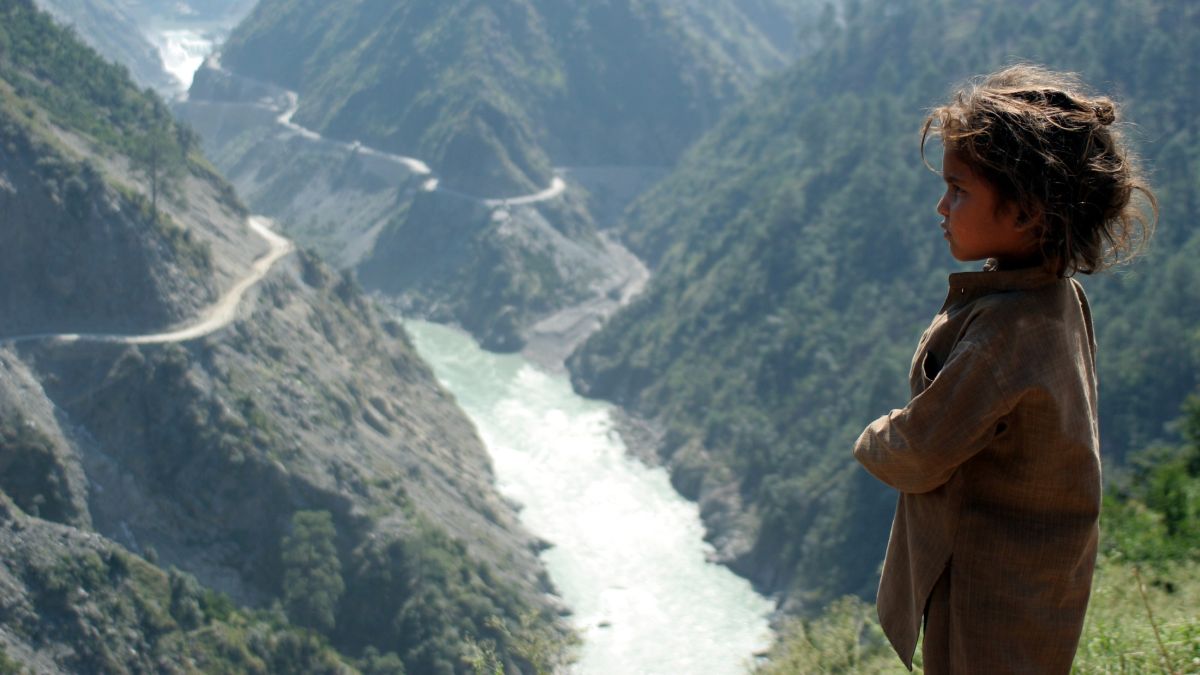Pakistan Prime Minister Shehbaz Sharif on Tuesday (June 3) urged provinces to increase the water storage capacity in the country in the wake of the suspension of the Indus Waters Treaty (IWT) by New Delhi.
India had put the 1960 treaty in abeyance in April following a deadly terrorist attack in Jammu and Kashmir Union Territory. Indian intelligence agencies signalled the involvement of Pakistani nationals in the attack, which claimed the lives of 26 people, mostly Hindus.
PM Sharif has also directed authorities to speed up the construction of the Bhasha Dam.
While speaking at the Corps Headquarters Peshawar, the PM said Pakistan was in the need of “tough decisions” for the development and prosperity of the country.
“We will invite provinces to discuss how to increase the country’s water storage capacity to defeat India’s nefarious designs,” he said.
PM Sharif convenes meeting on Diamer-Bhasha Dam
In another meeting about the Bhasha dam, the prime minister urged authorities to resolve issues hindering the Diamer-Bhasha Dam’s completion, emphasising that affordable electricity and agriculture are key to the country’s self-reliance.
The PM further stressed the importance of completing projects like the Diamer-Bhasha Dam to create a reliable system for energy generation and ample water storage.
It’s important to note that the energy and water sectors will experience significant budget cuts, with the government planning to reduce the energy sector’s budget from Rs169bn to Rs144bn PKR this year, and the water sector’s budget from Rs135bn to Rs109bn this year.
Planning Minister Ahsan Iqbal mentioned that the dam’s estimated construction cost was Rs 479 bn PKR until 2018, with Rs 120 bn already spent on land acquisition.
Impact Shorts
More ShortsHowever, the cost has risen significantly due to delays and unnecessary postponements by the previous government.
India’s move to put IWT in abeyance
India paused the Indus Waters Treaty a day after the Pahalgam terror attack. It was one of the many punitive measures New Delhi took against Islamabad for its continued support to terrorists on its soil.
This was a significant move as the Indus Waters Treaty , signed in 1960, has endured tenuous ties between the two countries.
According to the treaty, all the water of the “Eastern Rivers” of the Indus system — Sutlej, Beas and Ravi — shall be available for the “unrestricted use” of India. Pakistan shall receive water from the “Western Rivers” — Indus, Jhelum, and Chenab.
The treaty also states that India is allowed limited use of the western rivers for domestic purposes, agriculture, and hydroelectric power generation. However, it can not alter the natural flow of these rivers into Pakistan.
Many experts note that the Indus Waters Treaty is highly generous agreement by India. This is because around 70 per cent of the total water flow from the Indus system — mostly from the three western rivers — is allocated to Pakistan.
)